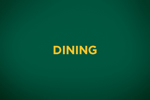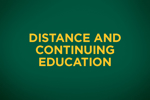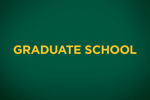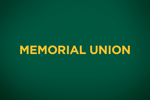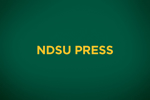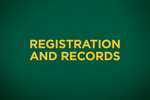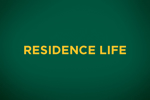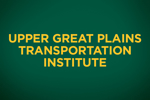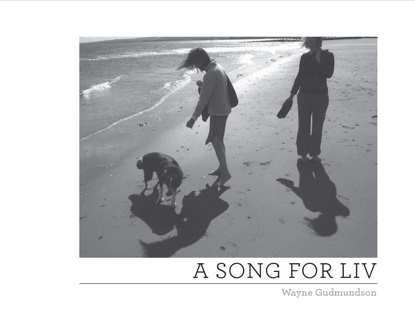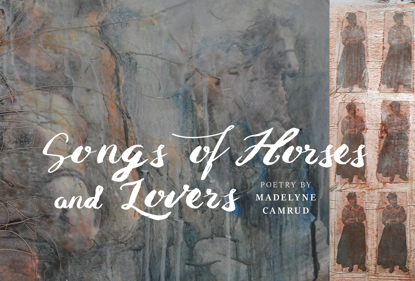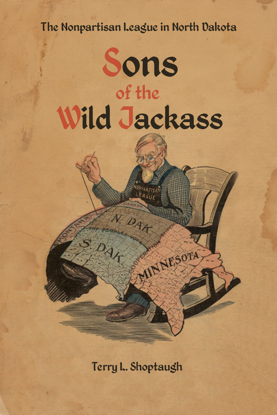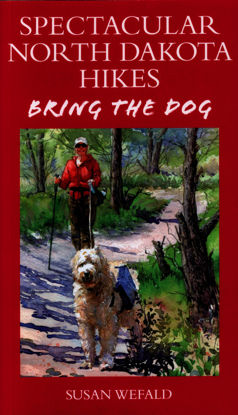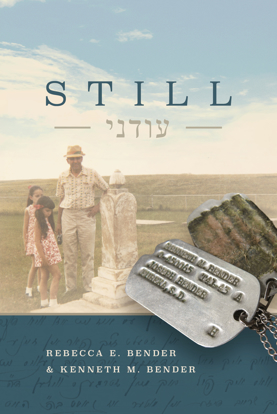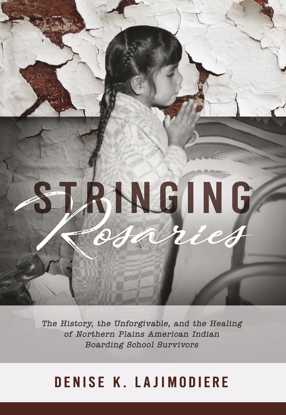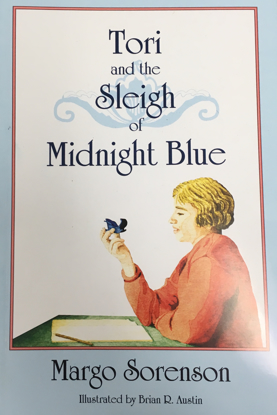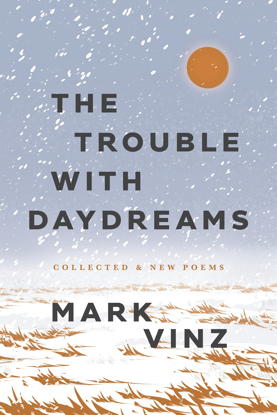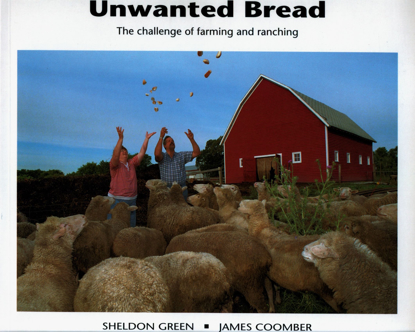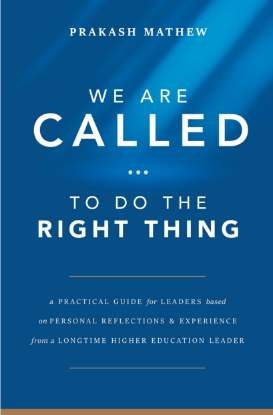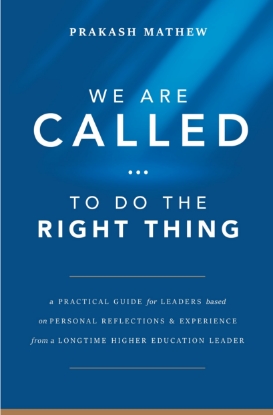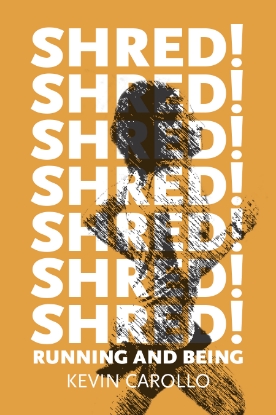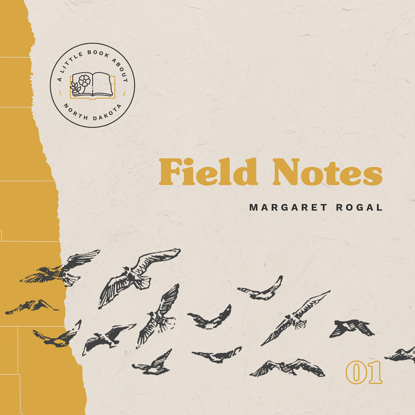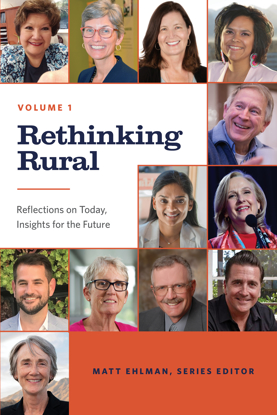All Books
Song for Liv, A
“A Song for Liv by Wayne Gudmundson is a love letter to his daughter, Liv. Serendipitously, the modern Nordic name Liv also means ‘life.’ As well as a gift to his daughter, A Song for Liv, is a personal meditation on place, the search for personal and ethnic identity, and the complexities therein, much of which is located in the mists (and myths) of time with only the ancient landscapes of those stories remaining. Combining travel notes, Icelandic history and lore, and family relationships, Gudmundson’s form here—best characterized as hybrid—weaves a tapestry that is at once inviting and accessible, each page entry a stanza-like lyric of the larger song."
—Thom Tammaro, three-time Minnesota Book Award recipient and author of When the Italians Came to My Home Town and Italian Days & Hours
“Written as a gift from a father to his daughter, A Song for Liv gathers up what wisdom and understanding a father can offer. His story begins its search for ancestral places in the Faroe Islands, where Gudmundson explores his investment in the larger Scandinavian world, having claimed a portion of the Faroes as his own. The narrative of the Norse invasion of Scandinavia continues on through Iceland to Canada to the settlement of Gimli, Manitoba, and from there to a small church in North Dakota, the home of Gudmundson’s grandparents and the protean poet K.N., whose spirit hovers over the entire narrative.”
—David Arnason, writer, professor, and Viking from Gimli, Manitoba
Songs of Horses and Lovers
Camrud channels the storytelling spirit & tradition of valiant narratives, melding tones of landscapes, women, and men into a familial literary score that maps emotions on the expansive Dakota prairie. Labeled a book of songs, this poetry collection is a hymn to the adventurous European women who transplanted on the northern plains in the aftershocks of ocean and continent crossings and to their hyphenated-American daughters and daughters’ daughters born in successive generations.
Sons of the Wild Jackass: The Nonpartisan League in North Dakota
Drawing on newspapers, interviews and collections of private papers, Sons of the Wild Jackass uses ground-level perspectives to tell the story of the League.
Hardcover, 264 pp., 23 photographs, index, bibliography
Spectacular North Dakota Hikes
Two of North Dakota's most avid hikers, Susan Wefald and her dog Sandy, share their notes on 50 of North Dakota's best day hikes. Armchair and seasoned hikers alike will enjoy exploring North Dakota's diverse landscape with Susan and Sandy. Learn the locations of spectacular vistas. Try one of Susan's picnic lunches. Expand neighborhood strolls into the great outdoors. Bring your dog!
By Susan Wefald
ISBN 978-0-911042-75-7
Copyright 2011
Softcover
Still
More than four hundred Russian and Romanian Jewish homesteaders settled on about eighty-five farms in McIntosh County, North Dakota, beginning in 1905. After clearing rocks and boulders, growing wheat and flax, raising cattle and chickens, and selling cream from their sod houses, most were successful enough to own their own land.
Still is a history of five generations, a family we meet first as they flee Odessa and last as they make their ways as American Jews . . . and as Dakota farmers, as students and storekeepers, as soldiers and lawyers, and even as a teen in an international competition who stands face-to-face with Netanyahu. Rebecca Bender and Kenneth Bender answer the question recently posed to Rebecca by a newspaper reporter: Are you still Jewish?
Paperback, 370 pp
Stringing Rosaries: The History, the Unforgivable, and the Healing of Northern Plains American Indian Boarding School Survivors (hardcover)
Denise Lajimodiere's interest in American Indian boarding school survivors’ stories evolved from recording her father and other family members speaking of their experiences. Her research helped her to gain insight, a deeper understanding of her parents, and how and why she and her siblings were parented in the way they were. That insight led her to an emotional ceremony of forgiveness, described in the last chapter of Stringing Rosaries.
The journey to record survivors’ stories led her through the Dakotas and Minnesota and into the personal and private space of boarding school survivors. While there, she heard stories that they had never shared before. She came to an understanding of new terms: historical and intergenerational trauma, soul wound.
Stringing Rosaries presents a brief history of the boarding school programs for Indigenous Americans, followed by sixteen interviews with boarding school survivors, and ending with the author's own healing journey with her father.
Hardcover, 332 pp., 41 black and white photographs, updated listing of more than 400 US boarding schools by state, appendix, bibliography, and index.
This Could Have Been a Simple Story
Preceded by 20 pages of historical context, This Could Have Been a Simple Story is a glimpse of pop culture, popular lyrics, sexual identities, & transition in the Balkans. The protagonist is old enough to remember the war, exile, and poverty, but also young enough to get information about socialism from others while enjoying her sophisticated gadgets and fusion food. Simple Story is timely in the context of the many Bosnian refugees who have immigrated to the plains.
Author: Ajla Terzic, Translator: John K. Cox
2018 Midwest Book Awards Finalist for Fiction--Literary/Contemporary/Historical
2018 Independent Press Award, Distinguished Favorite, LGBTQ Fiction
Tori & the Sleigh of Midnight Blue
A work of fiction for young readers. Set in North Dakota in the 1930s, its protagonist is a Norwegian farm girl, Tori, whose mother is a widow. When a Norwegian bachelor-farmer begins courting Mama, Tori writes in her journal that her life is about to be ruined.
By: Margo Sorenson.
Trouble with Daydreams: Collected and New Poems, The
An icon of literary culture on the northern plains, Mark Vinz observes the details—be they dreary or delightful—of real life. Through concise language and powerful imagery, he conveys his memories, marked more by the present than the past, with clarity and affection.
Paperback w/French flaps
192 pp
Available now for presales. We will ship out the first week of September
Unwanted Bread
Farmers talk of their frustrations and opportunities in this personal glimpse into rural life today. Readers will discover insights into the expensive, complicated and often emotional business of farming and ranching. "One way to understand what is happening in farming today is to listen to those who are involved in it," write Green and Coomber. That is what they do, and invite their readers to do, in Unwanted Bread. Here is the story of farming and ranching today as told by farmers and ranchers, along with astute commentators who know the country well. Visually striking, thought-provoking photographs accompany the interviews and essays. "If we could sit down with a farmer over coffee and listen to his or her story," Green and Coomber say, "we'd begin to understand the challenge farmers are facing today." So pour yourself some coffee, and help yourself to Unwanted Bread.
By:Sheldon Green and Jim Coomber
We Are Called...To Do the Right Thing: A Practical Guide for Leaders Based on Personal Reflections & Experience from a Longtime Higher Education Leader
We Are Called . . . To Do the Right Thing: A Practical Guide for Leaders Based on Personal Reflections & Experience from a Longtime Higher Education Leader
Prakash Mathew’s debut guide on leadership offers a compelling invitation to principled leadership with prudent and practical habits, gleaned from his almost four decades of student affairs work in higher education. We Are Called illustrates lessons in leadership with stories from a life well lived. Expounding on his 80/20 Principle, Prakash provides a plan for doing the right things for the right reasons.
We Are Called is of interest to leaders in higher education institutions (public and private), business leaders and organizations, religious organizations, start-up companies, search firms, and any organization seeking a change process, and as a training resource for boards, councils, and commissions.
Paperback, 120 pp., photos, index
We Are Called...To Do the Right Thing: A Practical Guide for Leaders Based on Personal Reflections & Experience from a Longtime Higher Education Leader
We Are Called . . . To Do the Right Thing: A Practical Guide for Leaders Based on Personal Reflections & Experience from a Longtime Higher Education Leader
Prakash Mathew’s debut guide on leadership offers a compelling invitation to principled leadership with prudent and practical habits, gleaned from his almost four decades of student affairs work in higher education. We Are Called illustrates lessons in leadership with stories from a life well lived. Expounding on his 80/20 Principle, Prakash provides a plan for doing the right things for the right reasons.
We Are Called is of interest to leaders in higher education institutions (public and private), business leaders and organizations, religious organizations, start-up companies, search firms, and any organization seeking a change process, and as a training resource for boards, councils, and commissions.
Hardcover, 120 pp., photos, index
SHRED! Running and Being
At the onset of the COVID-19 pandemic, poet Kevin Carollo struggles to navigate the sudden and jarring changes to everyday life. To help find meaning and purpose in the "new normal," Carollo straps on his shoes and returns to a part of his identity that he has neglected: long-distance running and long-form writing. It's not easy. Pandemic restrictions and the harsh, upper Midwest weather are discouraging. At the same time, Carollo's personal life is increasingly filled with questions and uncertainty, but as Carollo pushes through the miles he discovers the enduring forces and relationships he needs to keep moving forward.
Radium
Radium is about two bad-luck brothers from a bad-luck town in the flat farmland of western Minnesota. Jim, the narrator, is fifteen and damaged, the result of a car accident years before that left him with a head injury and a tweaked view of the world. He sees his big brother, Billy Quinn, in near mythic terms. Billy is wild and strong and capable of things other men are not.
They live together in a trailer house on the ditch-side of a beet field until Billy gets into bad trouble, and then they go on the run. That’s what wild young men like Billy—growing up rangy and unsupervised in the desperate middle of this country—do when trouble comes. They run. They drive cars fast. They go west. They live on the lam, always about three days from a federal manhunt.
Laws are broken, but with an older brother his only true friend on earth—a brother he loves more than his own next breath—Jim justifies their deeds, willing to do . . . anything . . . to keep Billy free.
Hardcover, 400 pages
Follow this link for a splendid, intellectual interview with John about writing and Radium.
Field Notes
In April 1909, twenty-two-year-old Robert Silliman Judd, born and raised in Bethel, Connecticut, climbed aboard a train bound for the northern plains where his uncle Elmer farmed in Cando, North Dakota. Robert roamed the prairie with Elmer for six months, observing and collecting birds during the great spring migration.
Decades later, Robert’s granddaughter Margaret Rogal discovered his notebooks filled with detailed records of birds, nests, and eggs, along with his letters and summaries portraying his love for North Dakota and the thousands of migrating birds, alighting, it seemed, at his very feet.
Margaret responded to the trove of documents with poetry; each sample herein is an exploration of Robert’s experience.
A Little Book about North Dakota, Volume 1
6"x 6", paperback, 120 pages, color illustrations throughout
Rethinking Rural, Volume 1
Rethinking Rural: Reflections on Today, Insights for the Future
Rethinking Rural Series, Volume 1
250 pp. / paperback
Matt Ehlman, Series Editor Introduction Matt Ehlman, Rethinking Rural Series Editor, host and organizer of the Morning Fill Up, a series of public gatherings intended to inspire and engage and to put creative energies into action for the betterment of the entire community. Chapter 1: My Second-Generation Immigrant Experience in Rural America Taneeza Islam, attorney at law specializing in civil rights and immigration law and co-founder of South Dakota Voices for Peace and Justice Chapter 2: The 2020 Census: Counting Everyone Once, Only Once, and in the Right Place Deirdre Dalpiaz-Bishop, geographic advisor and coordinator for the 2020 Census, chief of the Decennial Census Management Division Chapter 3: Indian Country Antonia Gonzales (member of the Navajo Nation), anchor and producer of National Native News; past associate producer for Native America Calling and television reporter for a CBS affiliate in New Mexico Chapter 4: An Educated People—Higher Education in Rural America Heather Wilson, PhD, president of the University of Texas—El Paso, past president of South Dakota School of Mines and Technology and the twenty-fourth Secretary of the United States Air Force Chapter 5: One Farmer’s Rural Perspective Ron Rossman, co-owner of Rosmann Family Farms, founding member of Practical Farmers of Iowa; nationally known for testifying before the US Congress on agricultural issues and hosting international guests learning about new farming approaches Chapter 6: Stories That Bring Us Together Paula Kerger, with Craig Langford; Kerger: president and CEO of PBS and initiator for access to early learning through PDS KIDS; Langford: speechwriter for the mayor of Washington, DC, and the president of PBS Chapter 7: Resilient, Vibrant, and Always Changing—the Rural I Know Kathleen Annette, PhD, member of the White Earth Band of Ojibwe, past president and CEO of Blandin Foundation and past deputy director of field operations of the Indian Health Service Chapter 8: Getting Things Done in Rural America: Examining Trends in Rural Philanthropy Laurie Paarlberg, professor of philanthropic studies at Indiana University Lilly Family School of Philanthropy and the O’Neill School of Public and Environmental Affairs at Indiana University Chapter 9: Rural America Adam Steltzner and Pam Gildersleeve-Hernandez; Steltzner is a NASA engineer working for the Jet Propulsion Laboratory and chief engineer for the Mars 2020 Project; Gildersleeve-Hernandez is executive director at CUE, a member-driven education nonprofit. Chapter 10: Righting Relationships: One Perspective on Rural America Robert Grant, pastor during the 1980s farming crisis; currently professor of Environmental and Historical Theology at St. Ambrose University (Davenport, IA); author of books on environmental ethics; winner of the Eddy Award for environmental education Afterword Matt Ehlman Bibliography About the Contributors Index About the Series About the PressContents








